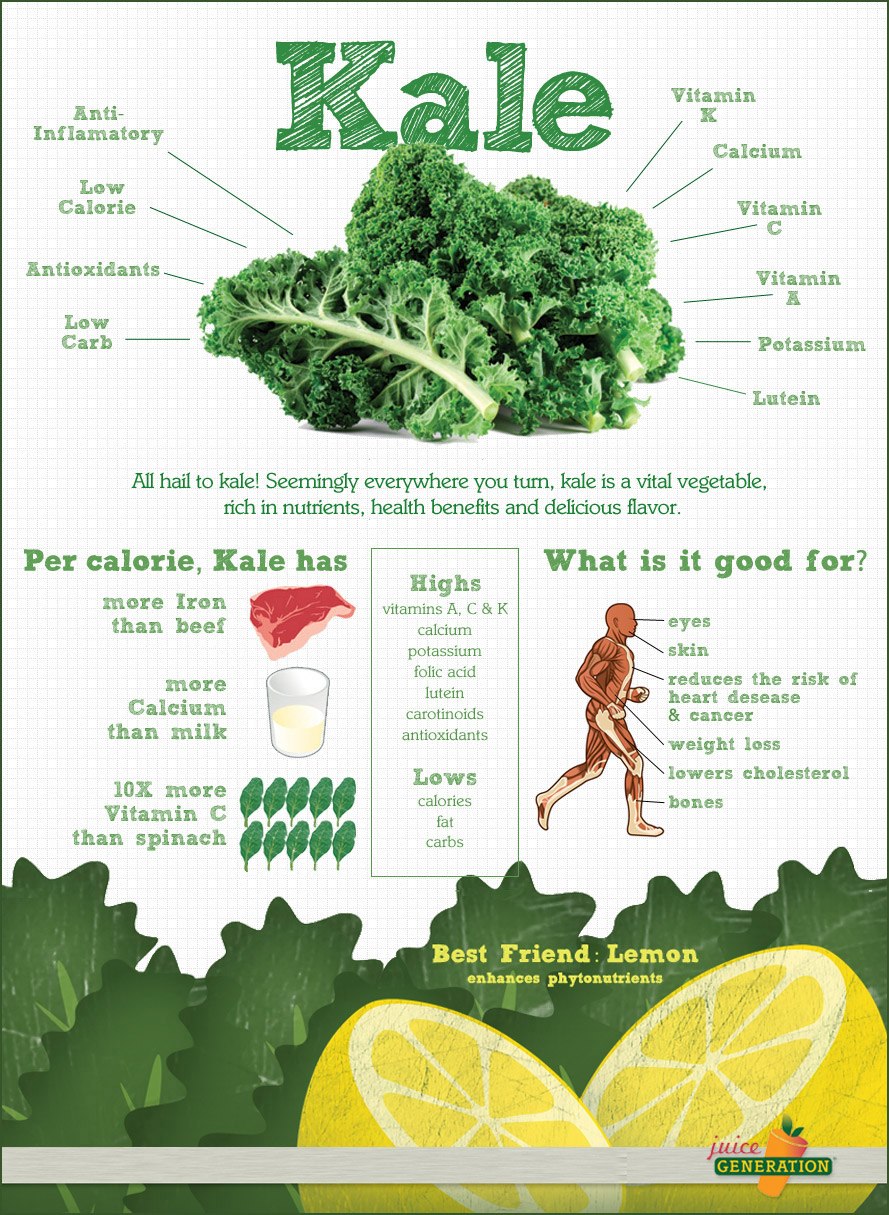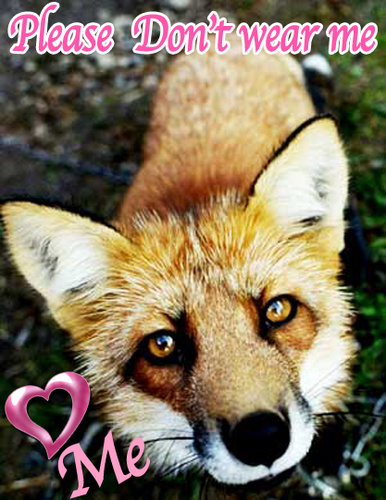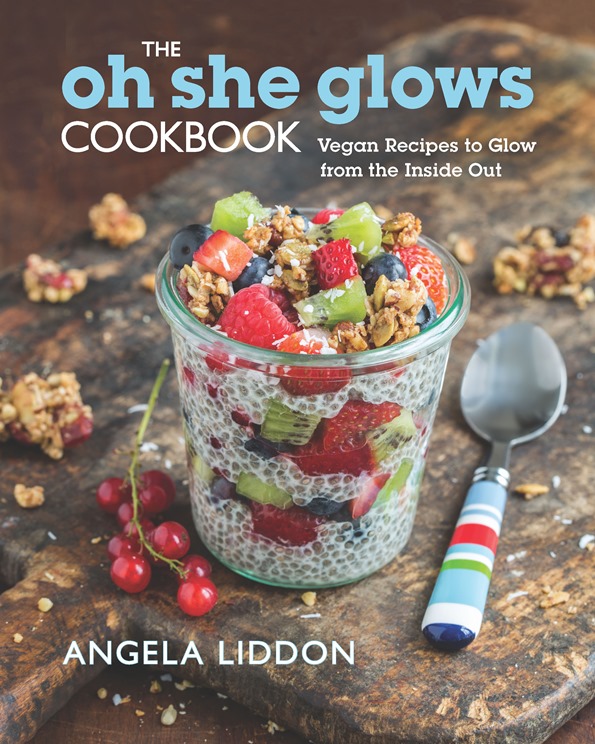Dear Cat,
I am SO confused about the whole Calcium absorption "thing"!
I always thought that one got a lot of calcium from dairy products, and not so much from vegetables, fruit, beans etc. However, I've read more recently that you do absorb calcium from veg etc., and I've even read that you don't actually absorb a lot of calcium from dairy products. I am quite confused, and I'm wondering if you have knowledge in this area! Do vegans have a main source of calcium? I seem to remember that kale has calcium, but do we actually absorb much of it? (I do love kale!)
Thanks,
Sincerely, but confusedly,
A.M.
Dear A.M.,
Thank you for your e-mail!
According to Brenda Davis, R.D., and Vesanto Melina, M.S., R.D., in their book
Becoming Vegan, dairy is acidifying to the body. When you ingest dairy products, your body will try to compensate for this increased acidity by drawing calcium from your bones (because calcium is alkaline) in order to protect your blood pH from changing (the pH of your blood has to stay about the same at all times). Therefore, even though dairy products do contain a lot of calcium, it is essentially useless for your body, because the dairy products themselves require a large amount of calcium just for you to digest them. The same goes for meat-- actually, meat has an even more acidifying effect than dairy does. Protein powders also have been shown to draw calcium from the bones. As a matter of fact, protein in general is supposedly acidifying-- and when you consider that most Americans and Western Europeans consume one-and-a-half to two times the daily recommended amount of protein (according to
WebMD.com), it becomes clear why osteoporosis is a major concern in these countries.
Some vegan health experts claim that excess protein does not contribute to osteoporosis. Regardless of whose theory is correct, however, there is still compelling evidence that people who consume dairy products have higher rates of osteoporosis:
Dr. T. Colin Cambell says: "Americans consume more cow's milk and its products per person than most populations in the world. So Americans should have wonderfully strong bones, right? Unfortunately not. A recent study showed that American women aged fifty and older have one of the highest rates of hip fractures in the world. The only countries with higher rates are in Europe and in the South Pacific (Australia and New Zealand) where they consume even more milk than the United States."
Source: The China Study, 204 (quote sourced from http://www.vegparadise.com/calcium.html)
Rich sources of calcium for vegans include calcium-fortified soy milk and juice, calcium-set tofu, soybeans and soynuts, black beans, bok choy, broccoli, collards, Chinese cabbage, kale, mustard greens, okra, and blackstrap molasses.
Note that spinach, beet greens, and Swiss Chard did not make it onto this list, since they are high in compounds called oxalates, which inhibit calcium absorption. These are still healthy foods, of course, but they can't be relied on to provide a significant source of calcium throughout the day.
According to a website called
Ellen's Kitchen, "A recent study compared the absorption of calcium from kale with the absorption from milk revealing absorption of calcium from kale was 40.9%, compared with 32.1% from milk." It appears that kale does have a good absorption level, after all.
Jack Norris, R.D., writes on his website VeganHealth.org that:
Studies have shown that calcium in fortified soymilk, bok choy, kale, and mustard greens is absorbed well.
Based on oxalate levels, the calcium in turnip greens, watercress, and broccoli should also be absorbed well.
Based on oxalate levels, the calcium in collards should be absorbed moderately well.
Studies have shown that the calcium in spinach and rhubarb is not absorbed well.
Based on oxalate levels, the calcium in beet greens and swiss chard should not be absorbed well. (Source: http://veganhealth.org/articles/bones#caabsor)
 |
| Infographic derived from MindBodyGreen.com |
Kale is yummy! Oh She Glow's famous Green Monster Smoothie is delicious when made with kale or spinach. You can find the recipe for the Classic Green Monster here:
http://ohsheglows.com/2011/01/13/classic-green-monster/. In my opinion, however, the most delicious way to eat kale is in the form of raw vegan kale chips-- in particular, Raw Mountain's
Fresh Bruschetta kale chips, which can be purchased online or bought from health food stores in Ottawa (I'm not sure how many stores stock them, although I know that Rainbow Foods on Richmond Road does).
Books such as
Becoming Vegan by Brenda Davis and Vesanto Melina or
Becoming Raw by the same authors can provide more detailed information on how much calcium is contained in each food. In general, however, consuming either fortified non-dairy beverages OR lots of dark green leafy vegetables (such as kale) can help make sure that you're getting sufficient calcium (but it might be useful to count up how much calcium you're getting over the course of a few days, just to make sure!).
Thanks again for your question! I'm happy to answer people's questions about veganism or animal rights. I have done a lot of research on these topics over the years, and, of course, I have personal experience with veganism, too. Any of my blog readers can simply send me an e-mail at rabbit-cat[at]vegemail[dot]com and ask away!
Cat




